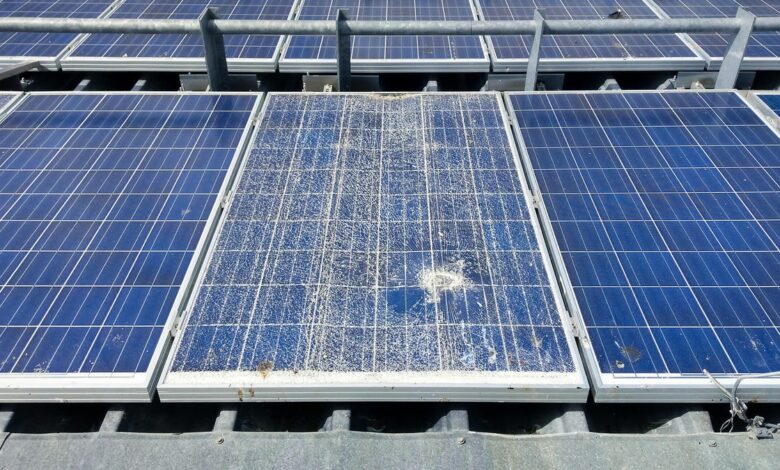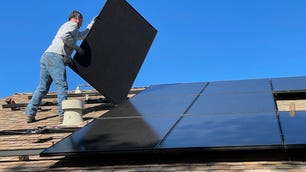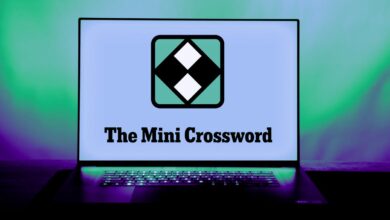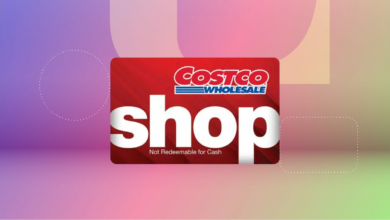Getting solar panels can be sketchy. Will new industry standards help?


As the solar market grows in the United States, more stories are emerging about shady actors taking advantage of unwitting consumers. The so-called “solar energy sales bros” peddling is on people’s doorsteps. Even established national companies have been accused of taking advantage of sick and elderly.
In response, the industry’s trade association, the Association of the Solar Energy Industryhas publicly proposed two new standards aimed at protecting homeowners and small businesses from predatory business practices. The standards, which are open for public comment, are intended to address solar scams and common concerns about the solar industry.
The standards address two separate pain points: they target sellers who fail to provide complete and accurate information about the solar panel systems sold and local incentive structures, and they target poor-quality work that damages roofs or poses a hazard to homes or small businesses.
SEIA believes that the proposed standards will help potential customers feel more comfortable with the decision to contract with a SEIA-certified installer when installing a new solar panel system. “We’ve heard customers loud and clear about what they want to see from the solar industry,” Abigail Ross Hopper, SEIA’s president and CEO, said in a statement.
Below is a more in-depth look at the current version of each new SEIA standard and what they could mean for you as a potential solar customer.
An end to lies? Sellers must verify information
SEIA 401, also known as the Consumer Protection Standard for Solar Energy and Energy Storageaims to create an ethical and transparent baseline of knowledge that solar companies must share with their customers. The proposed standard provides clear guidelines for how solar sellers should conduct themselves, including information that must be provided to each potential customer.
Buyers of solar systems are often given incomplete or inaccurate information about the cost of their system or the incentives available to them — this proposed standard would attempt to create a more ethical solar industry, where that is no longer an issue. Under this standard, any claim about savings to generate leads must be supported by hard evidence regarding “price, technology, design, incentives, and applicable utility rate structures.”
Most importantly, any solar salesperson who speaks to a potential customer should be trained to provide accurate information regarding the initial cost and maintenance costs of a solar panel system, the energy yield of various system sizes, all information regarding applicable federal and provincial government financial incentives, and compensation for excess electricity generated that is fed back into the grid, commonly known as net metering.
A baseline for solar industry installation quality
SEIA-201also known as the Solar and Energy Storage Installation Requirements Standard: Residential and Small Commercial Systems, aims to protect homeowners and small businesses from shoddy workmanship during the installation process. Solar panel systems are an expensive investment, and the industry is difficult enough to navigate without a shoddy installation that necessitates immediate repairs.
In concrete terms, this standard means that all residential or small commercial installations must demonstrate that they meet a new basic level of fire and electrical safety, demonstrate that there are distribution connections to the wider network and that protective measures have been taken against different environmental conditions.
Installers must have their work inspected by a third-party auditor to be certified to this standard. The auditor must inspect 10 installation sites or 10% of the projects a company has completed within a six-month period, whichever is longer. The installer can only pass certification if every inspected site passes with a score of 100%.
The rigor of this process is intended to ensure that installers not only perform at a high level of quality, but that they consistently deliver work at that high level of quality. This proposed standard is intended to give solar customers peace of mind knowing that a SEIA-certified installer has an impeccable track record of installing those solar panels on a home.
Are these new industry standards sufficient?
As these are currently only proposals open for public comment, we expect industry professionals to provide their input before the proposals come into effect.
“Solar customers deserve clear and accurate information to make their decision to go solar. These standards are a good start,” Ben Delmanthe communications director of Solar energy United Neighborsa clean energy nonprofit, said in an email. “This would benefit everyone,” he wrote. “Customers have peace of mind when they go solar. Installers have a clear way to explain their proposals.”
For customers who are still confused or overwhelmed by the information (or lack thereof) available to them when going solar, there are nonprofit organizations like SUN. free helpdesks to provide assistance.
Solar flares: how to watch for red flags
Unfortunately, these proposed standards aren’t even there to protect you. That means you need to know how to protect yourself when you’re shopping for a solar panel system or are approached by a solar panel salesperson.
There are a number of common tactics that sly installers use to keep the pressure on you. Many of these tactics are designed to create a sense of urgency so that you act quickly, rather than thinking about your options or getting quotes from multiple different solar companies.
Often, consumers are told that the federal tax credit for solar is going to expire soon or that utilities will raise prices by a certain amount each year. The federal tax credit will continue to provide a 30% discount on the cost of a solar panel system through the end of 2032. Electricity prices are certainly rising, but it’s worth comparing the salesperson’s estimate to historical figures to see if they’re telling you the whole story.
Other common claims include “free installation” and the ability to say that your home is “powered by green energy” for government incentives. These claims are sometimes made to lure you into payment structures such as electricity purchase agreements, where you don’t pay up front but instead make monthly payments and don’t end up owning the solar panel system.
There are many different solar payment plans out there, and some bad actors want to trick you into plans you don’t want to sign up for. Until the solar industry cracks down on more of these solar scams, CNET’s experts have advice on the biggest red flags to watch out for and what questions to ask solar installers to get a good deal.





